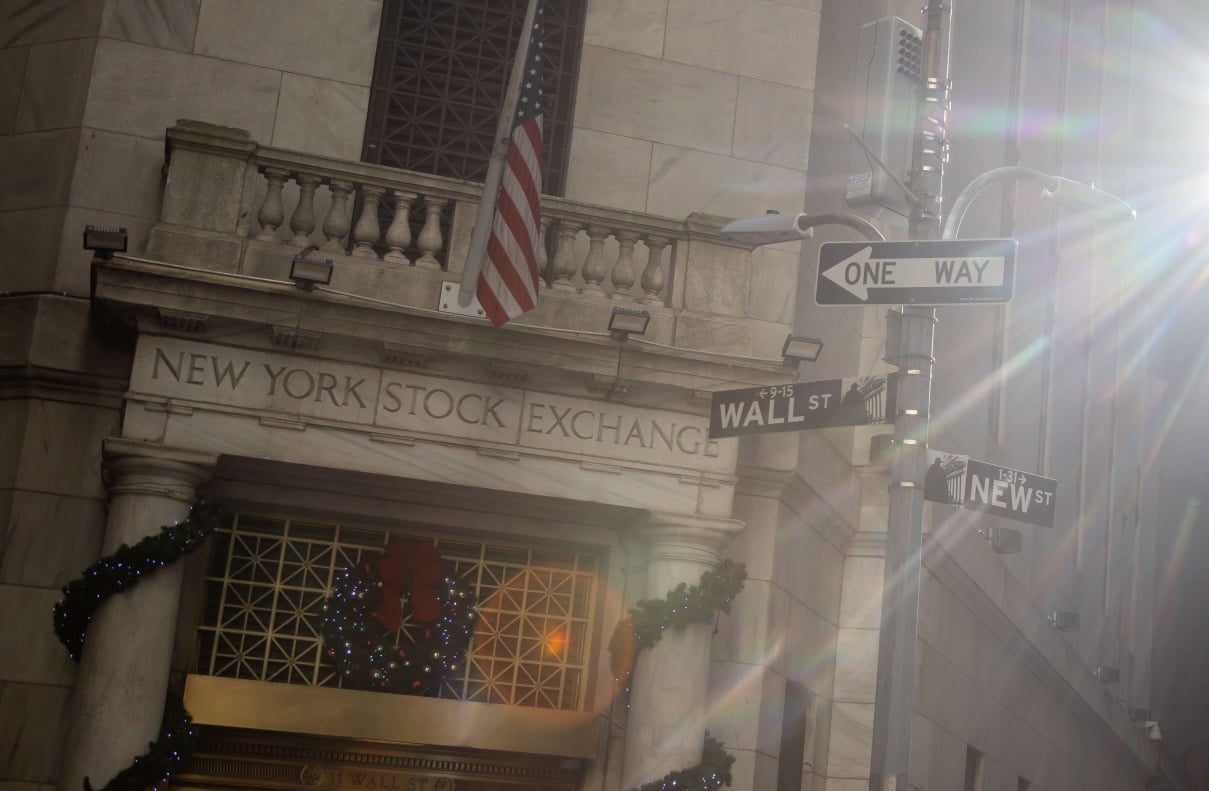The difficulties that traders are having maneuvering in the $10 trillion U.S. corporate-bond market may be poised to get worse.
It's been a struggle for investors to be nimble in credit markets given Wall Street's pullback since the financial crisis. Trading has failed to keep pace with record corporate borrowing, with daily turnover falling to an average 0.2 percent of corporate debt outstanding, from 0.3 percent five years ago, according to data compiled by the Securities Industry and Financial Markets Association.
Liquidity will probably deteriorate further leading up to July, when the U.S. Dodd-Frank Act's Volcker Rule goes into effect, according to Barclays Plc strategists. The regulation seeks to curtail banks' trading with their own money.
“Liquidity in U.S. investment-grade credit has continued to decline post-crisis,” Barclays analysts led by Jeff Meli and Bradley Rogoff wrote in a note today. New regulations “have effectively lowered banks' risk appetite and ability to hold significant corporate-bond inventory.”
The Volcker provision has already prompted banks to cut their credit holdings to about the lowest ever as a proportion of outstanding debt.
The 22 primary dealers that do business with the Federal Reserve have kept their inventories more or less the same since April 2013, when the central bank changed how it reported the data, while the market has grown more than 13 percent, according to the Barclays report.
The firms held a net $16.1 billion of high-yield and investment-grade bonds as of Sept 3, down from $20 billion as recently as July 30, Fed data show.
The retrenchment matters as much as ever to investors who've been plowing into less-liquid securities, searching for higher yields in a sixth year of record Fed stimulus.
So, what should investors do about it? For investment-grade bonds, it makes sense to move into more-frequently traded securities, according to the Barclays analysts. This is because the less-active ones aren't paying enough of a premium to compensate for the likelihood that banks will be even more reluctant to trade them in coming months.
“Volcker requires banks to limit inventory to meet reasonably expected near-term demand,” Shobhit Gupta, a credit strategist at Barclays, said in an e-mail. “For illiquid bonds, it will further lower liquidity.”
It may only get harder to trade those bonds in a pinch.
Copyright 2018 Bloomberg. All rights reserved. This material may not be published, broadcast, rewritten, or redistributed.
Complete your profile to continue reading and get FREE access to Treasury & Risk, part of your ALM digital membership.
Your access to unlimited Treasury & Risk content isn’t changing.
Once you are an ALM digital member, you’ll receive:
- Thought leadership on regulatory changes, economic trends, corporate success stories, and tactical solutions for treasurers, CFOs, risk managers, controllers, and other finance professionals
- Informative weekly newsletter featuring news, analysis, real-world case studies, and other critical content
- Educational webcasts, white papers, and ebooks from industry thought leaders
- Critical coverage of the employee benefits and financial advisory markets on our other ALM sites, PropertyCasualty360 and ThinkAdvisor
Already have an account? Sign In Now
*May exclude premium content© 2025 ALM Global, LLC, All Rights Reserved. Request academic re-use from www.copyright.com. All other uses, submit a request to [email protected]. For more information visit Asset & Logo Licensing.





